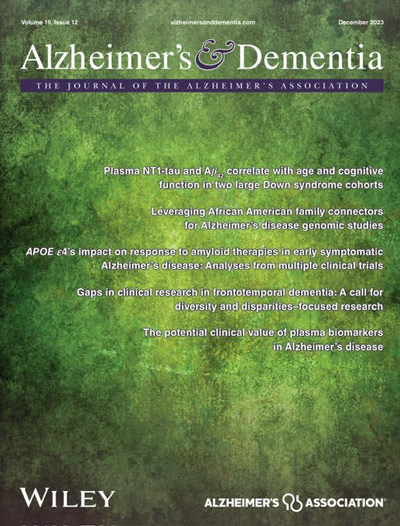Traditional methods for disease management have shown limited success treating AD/ADRD or mitigating its symptoms. Innovative technology such as Artificial Intelligence and Socially Robots, have begun to alleviate the growing need for novel solutions for AD/ADRD. While Socially Assistive Robots (SAR) are used to interact with patients with dementia or other mental disorders, to our knowledge, no such cooperative social robots have been studied to co-play serious brain games with older adults with MCI or early-stage AD/ADRD.
The study involved 20 older adults (average age: 77.7; std: 6.43; 15 female) living in a care facility who were diagnosed with MCI or Early-Stage ADRD (SLUMS 10-25). They participated in 12 different games (e.g., Words, Picture Puzzle, Ryan Runs, Flow Control, Birds, Checkers, Solitaire, Birds Count, etc.) with a social companion robot named Ryan, every day for 8-10 weeks. These games aimed to improve memory, cognitive function, and physical activity. Each participant had a Ryan device in their apartment and were trained on how to use it. The study collected data on usage time, win/loss rate, difficulty level, average score, and average duration per game, as well as depression screening (PHQ-9) and SLUMS scores before, during, and after the study.
Participants in the study spent 887 hours using Ryan. They spent 254 hours (28.7%) playing games on Ryan. On average they spent 12 minutes (std = 5 minutes) per day playing serious games with Ryan. Checkers, Flow Game, Picture Puzzle, Solitaire, and Word Puzzle, were the most popular games among all. On average, the SLUMS and PHQ-9 scores improved by 3.3 and 2.43 points, respectively.
Our study also shows that on average, participants performed better over time in playing the games. For example, the average Win Rate or Scores of the participants in playing the Flow Game, Word Puzzle, improved over the weeks by about 0.5% and 29 scores, every week, respectively. That means participants were more engaged in playing those games and were able to focus and increase their score or win rate over time.


